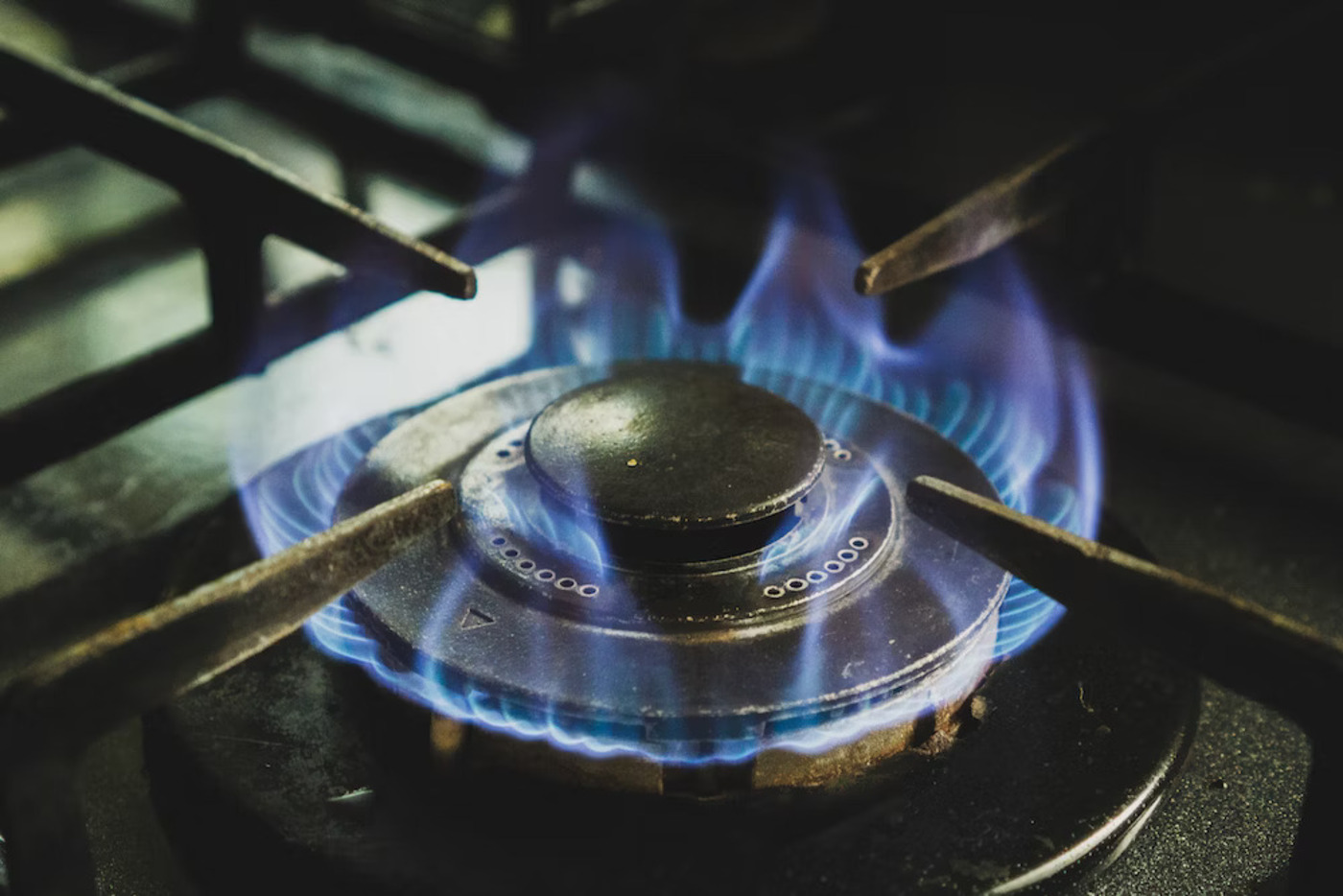In a significant move to address energy sector debt, Pakistan has approved a substantial increase in gas tariffs, sparking concerns over rising inflation. Learn about the implications, consequences, and expert insights in this comprehensive article.
The Pakistani government has recently taken a bold step to tackle the growing circular debt in the energy sector. The Economic Coordination Committee of the Cabinet granted approval for a substantial gas tariff hike of up to 193%, effective from November 1, 2023. This decision has raised significant concerns about inflation and its impact on various consumer sectors and industries. In this article, we will delve into the details of this development, its implications, and expert insights.
Understanding the Gas Tariff Hike
The decision to increase gas tariffs by a substantial margin aims to address the mounting debt crisis in Pakistan’s energy sector. The Economic Coordination Committee of the Cabinet, recognizing the urgency of the situation, granted approval for this tariff hike. The move is set to have a far-reaching impact, with the increase being as high as 193%.
Impact on Consumers
Non-Protected Domestic Consumers
The gas tariff hike will be particularly challenging for non-protected domestic consumers who will face a staggering 173% increase in their gas bills. This increase is substantial and is expected to put a strain on household budgets.
Commercial and Export Industries
Commercial and export industries will not be spared either, as they are set to experience significant increases in their gas tariffs. Commercial industries will face a 136.4% hike, while export industries will see an 86.4% increase. This will undoubtedly affect the cost of production and potentially lead to price hikes for consumers.
Non-Export Industries
Non-export industries will also feel the pinch, with a 117% increase in gas tariffs. This broad spectrum of tariff hikes is a comprehensive measure to address the debt crisis, but it does raise concerns about the overall economic impact.
The IMF’s Role
The International Monetary Fund (IMF) has been closely monitoring Pakistan’s economic situation and had urged the country to take decisive steps to address the growing circular debt in the energy sector. The approval of the gas tariff hike aligns with the IMF’s recommendations, indicating the gravity of the situation.
Addressing the Rabi Season Needs
In a related development, the Ministry of Industries and Production has been directed to import 200,000 tonnes of urea fertilizers. This move is aimed at meeting the demands of the Rabi season 2023-24, ensuring that agricultural needs are adequately met.
Supporting Small and Medium Enterprises
The meeting also discussed the allocation of a Technical Supplementary Grant to cover the expenses of contract and project employees. Additionally, the establishment of the National Credit Guarantee Company Limited was approved. This initiative is set to support small and medium enterprises (SMEs) in Pakistan, providing them with the financial backing they need to thrive in a challenging economic environment.
Expert Insights
To gain a deeper understanding of the implications of Pakistan’s gas tariff hike and the associated inflation concerns, we reached out to leading economists and industry experts for their insights.
Dr. Sarah Malik – Economist
Dr. Malik emphasized that the gas tariff hike, while a tough decision, is essential to address the energy sector’s debt crisis. She noted, “Addressing the circular debt is crucial for Pakistan’s long-term economic stability. While the tariff hike might lead to short-term inflation concerns, it’s a necessary step for the country’s financial health.”
Muhammad Ali – Small Business Owner
As a small business owner, Muhammad Ali expressed his optimism about the establishment of the National Credit Guarantee Company Limited. He said, “SMEs play a vital role in Pakistan’s economy. This support will help us access the funding we need to expand and create more job opportunities.”
People Also Ask!
- Will the gas tariff hike affect all consumers in Pakistan?
- Yes, both protected and non-protected consumers will be impacted by this tariff hike.
- Why did the IMF recommend addressing the circular debt?
- The IMF urged Pakistan to tackle the circular debt issue to ensure long-term economic stability.
- How will the gas tariff hike affect small businesses?
- Small businesses may face increased production costs due to the tariff hike, which could impact pricing and profitability.
- What is the Rabi season, and why is it important?
- The Rabi season is the winter crop season in South Asia, and it’s crucial for food production in Pakistan.
- How can the National Credit Guarantee Company Limited support SMEs?
- The company will provide financial guarantees to SMEs, making it easier for them to access loans and grow their businesses.
- Are there any other measures in place to address the circular debt?
- Importing urea fertilizers and allocating a Technical Supplementary Grant are additional steps to tackle the debt issue.
Conclusion
The approval of a substantial gas tariff hike by the Pakistani government is a significant move to address the energy sector’s debt crisis. While it raises concerns about inflation and its impact on consumers and industries, it aligns with the IMF’s recommendations. The government is also taking steps to support small and medium enterprises and meet the demands of the upcoming Rabi season. These measures are essential for Pakistan’s economic stability and growth.
